Search
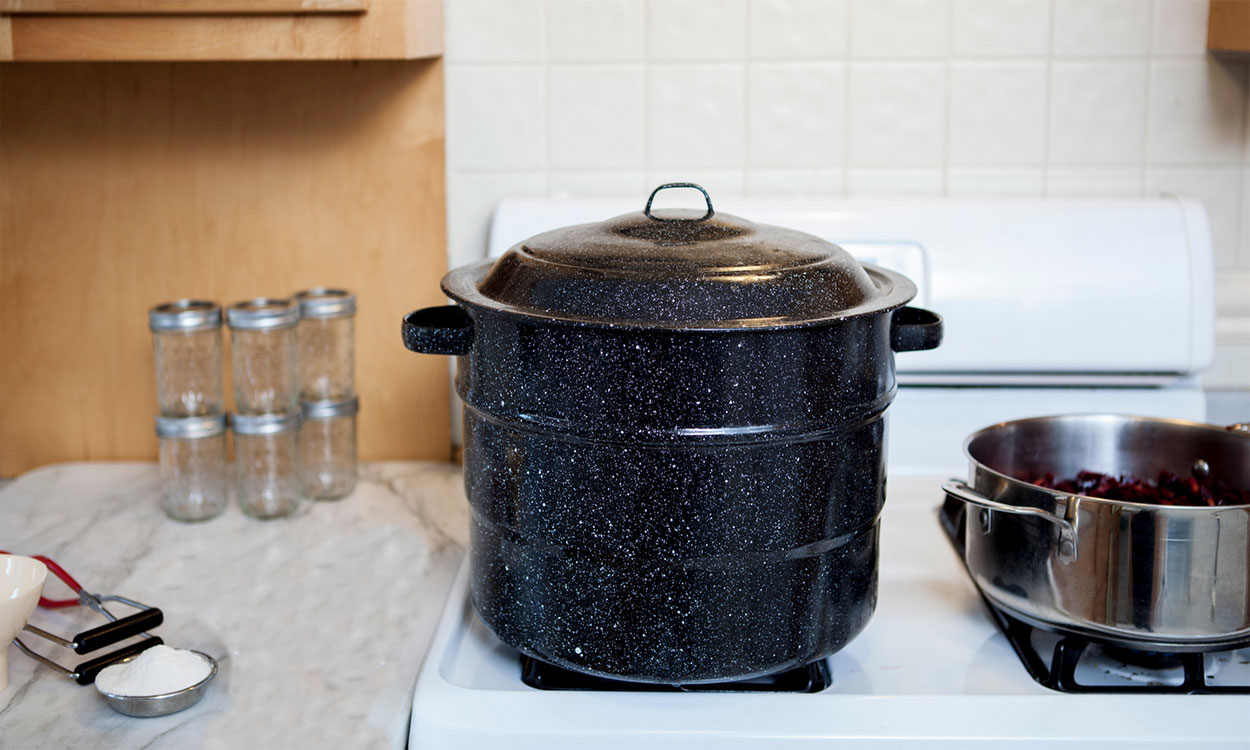
Canning With Less Sugar
As low and no-added-sugar food products have become increasingly popular, new alternative canning recipes have been created. It is possible to preserve fruits with little or no added sugar, which is great for those who prefer reduced calories.
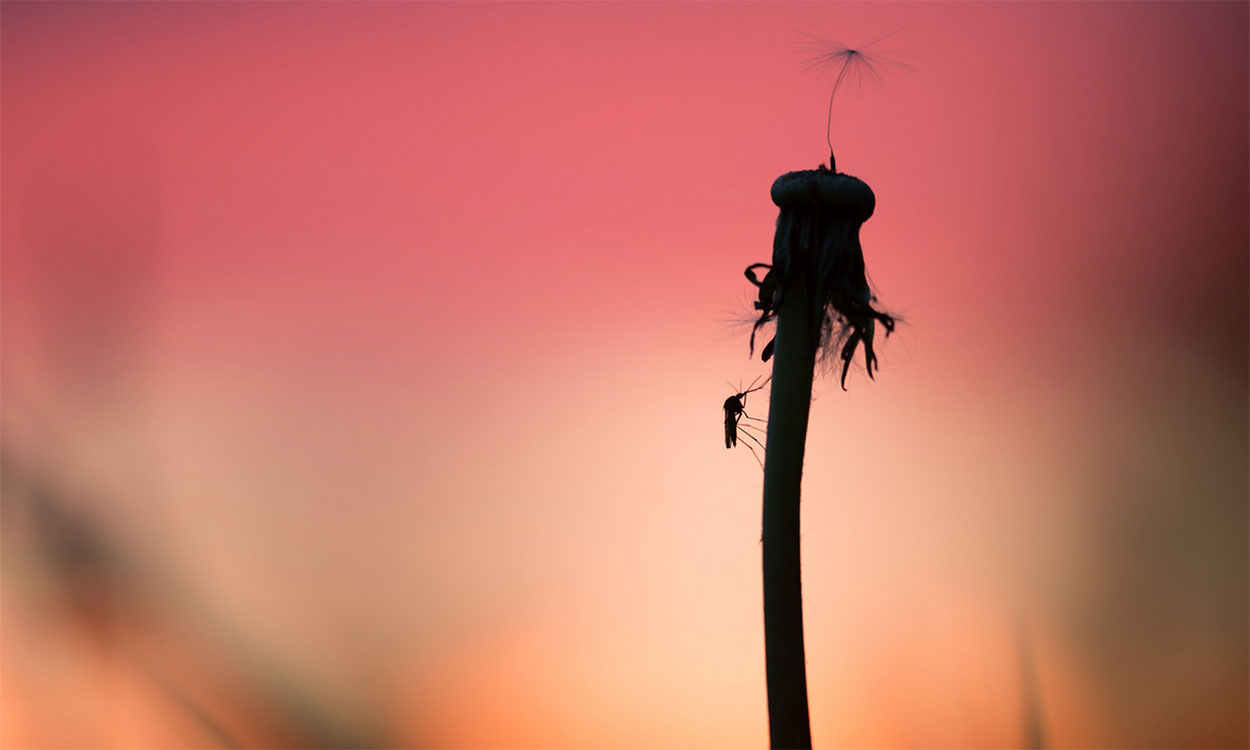
West Nile Virus Update: Aug. 2, 2021
As of Aug. 2, 2021, the South Dakota Department of Health indicated that West-Nile-virus-positive mosquitoes were detected in Brookings, Codington, Hughes, Lincoln and Brown counties in South Dakota.
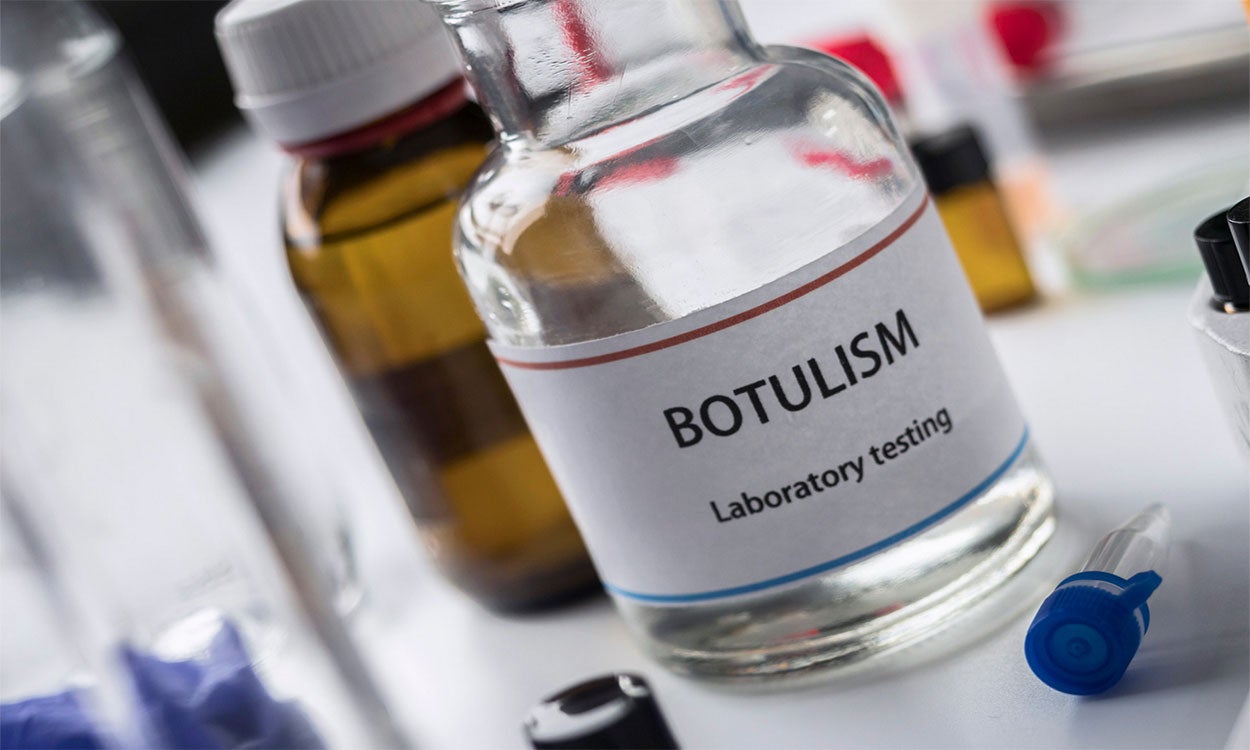
Canners Beware: Botulism
Botulism is a serious, rare illness that is caused by a toxin produced by the bacteria Clostridium botulinum. Botulism is a concern when it comes to canning and fermenting foods, as the anaerobic conditions can cause the Clostridium botulinum spores to create a harmful toxin.
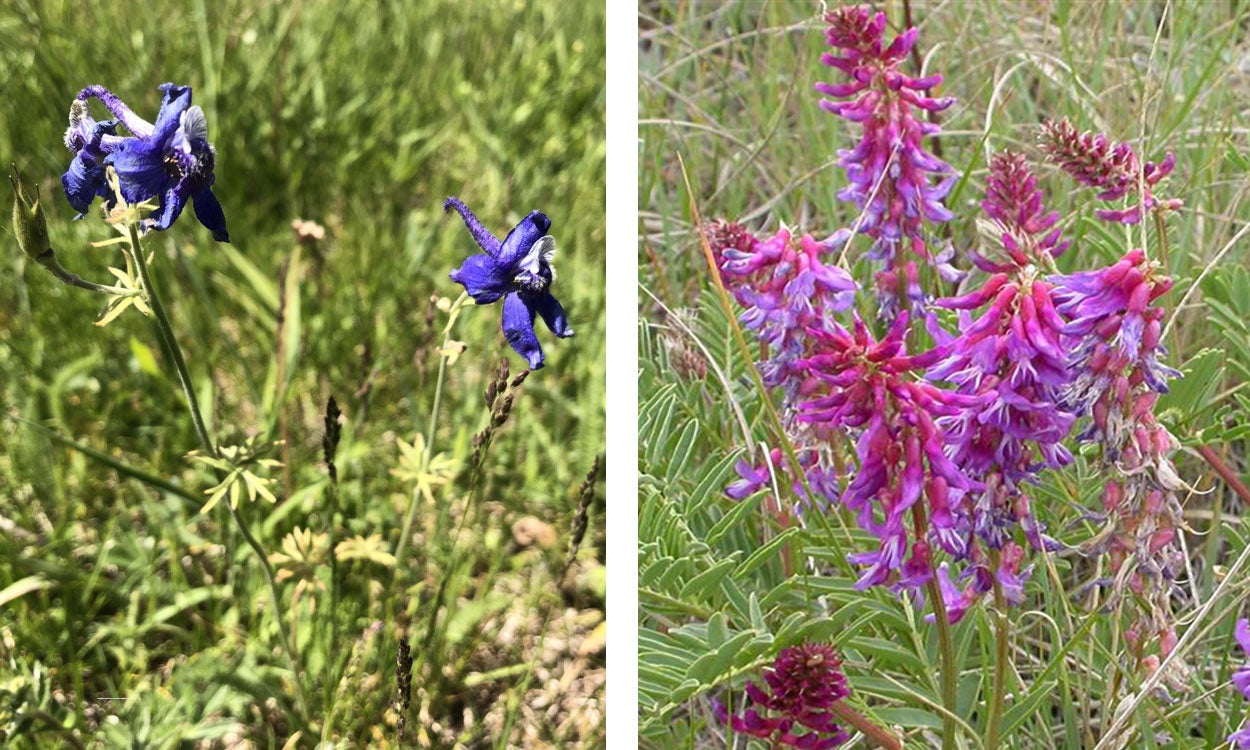
Poisonous Plants on Rangelands: Larkspur and Poisonvetch
Larkspurs are the second leading cause for all livestock deaths from toxic plant poisoning. Poisonvetches are considered accumulator plants that uptake excessive levels of selenium and cause toxicity problems in cattle.
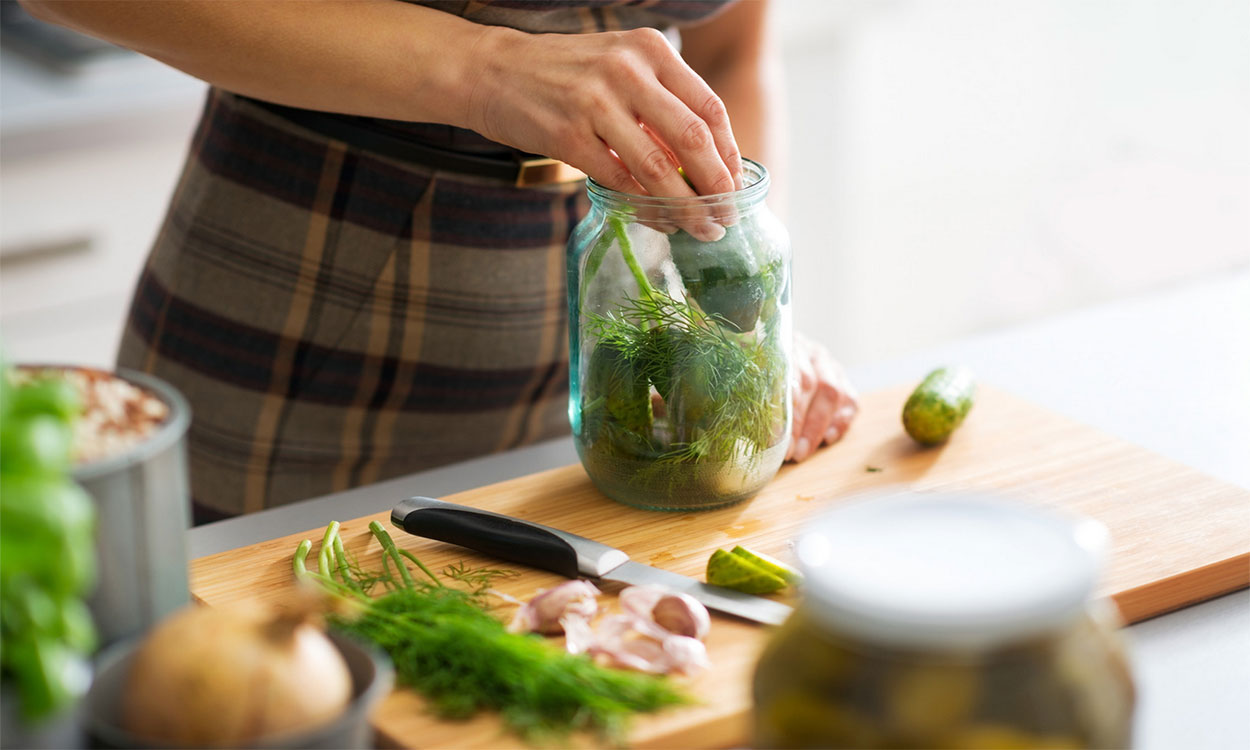
Modifying Canning Recipes
Understanding how swapping ingredients, adding ingredients, increasing or decreasing ingredients and making changes to processing plays a vital role in ensuring that home-canned products are safe.

Poisonous Plants on Rangelands: Locoweed and Crazyweed
Locoweed and crazyweed are found throughout South Dakota rangelands, and both can cause livestock poisoning.The names locoweed and crazyweed are often used interchangeably. However, there are notable differences between the species.
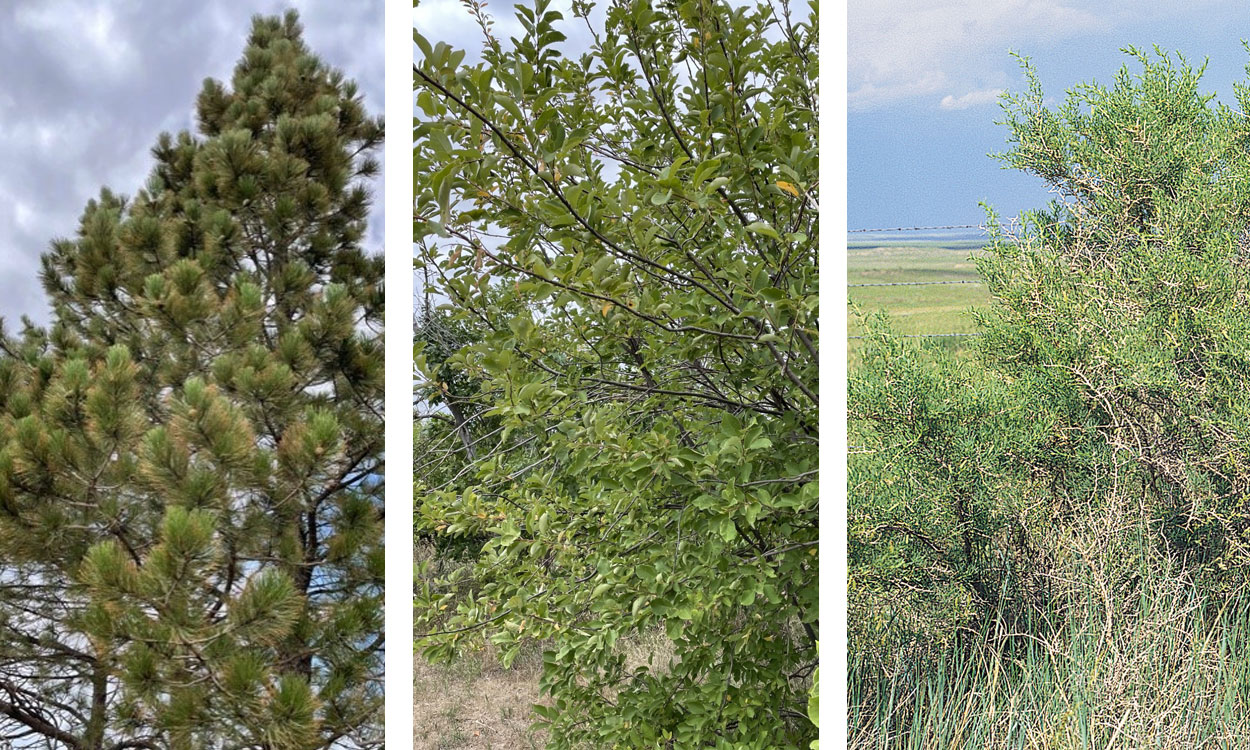
Poisonous Plants on Rangelands: Woody Species
Several woody plant species that are poisonous to livestock are found throughout South Dakota rangelands, including ponderosa pine, chokecherry, greasewood and broom snakeweed.

South Dakota 4-H Recognizes Volunteers at 2021 State Fair
August 19, 2021
Each summer, individuals who have made significant contributions to county or state 4-H programming are honored through the 4-H Volunteer Hall of Fame.
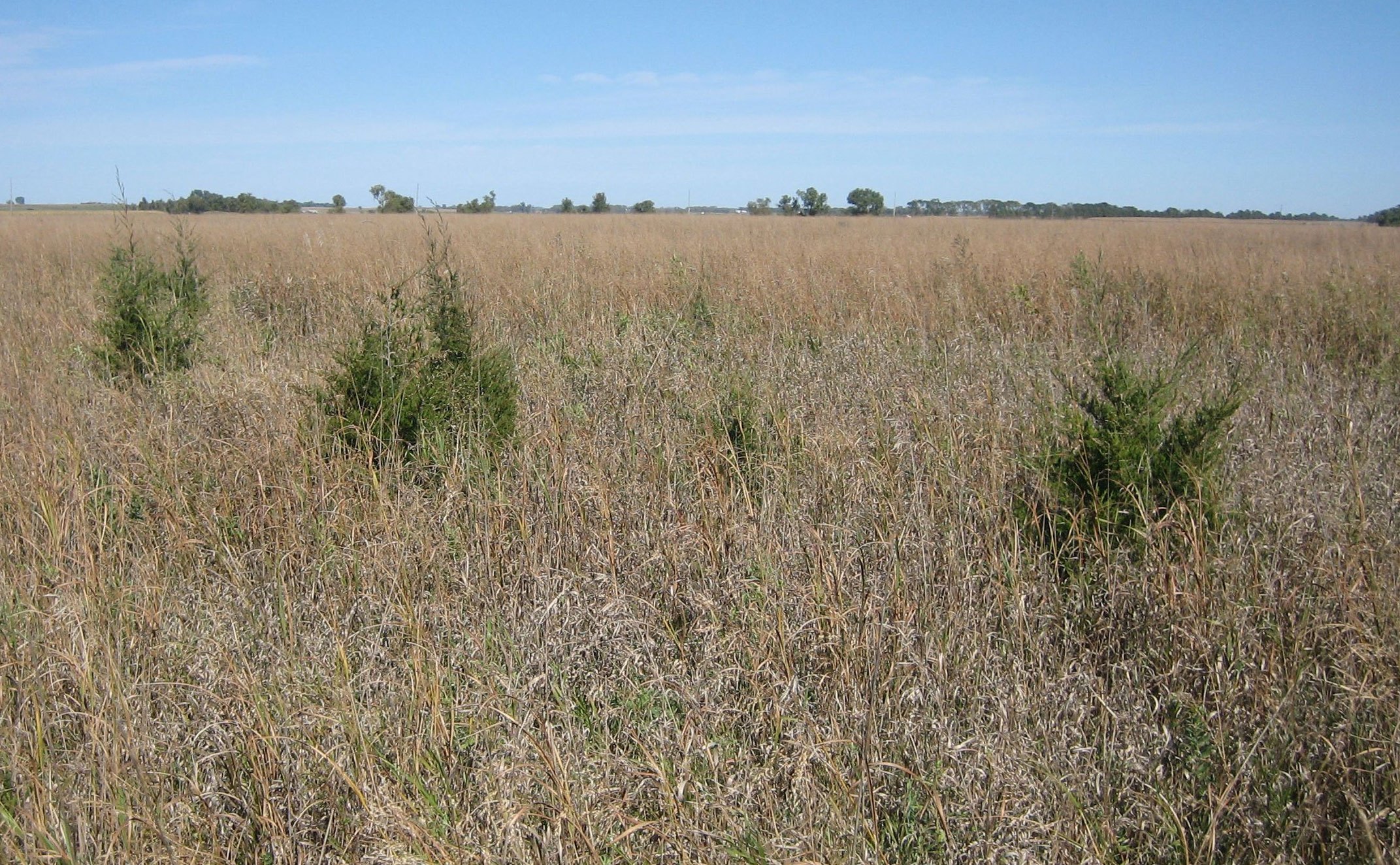
‘Baa-d Cedars’ Field Day Examines Goat-Targeted Grazing on Cedars
September 17, 2021
South Dakota State University Extension invites the public to an interactive Eastern Red Cedar Management Field Day to see the impact goats can have in controlling the most widely distributed conifer across eastern North America.
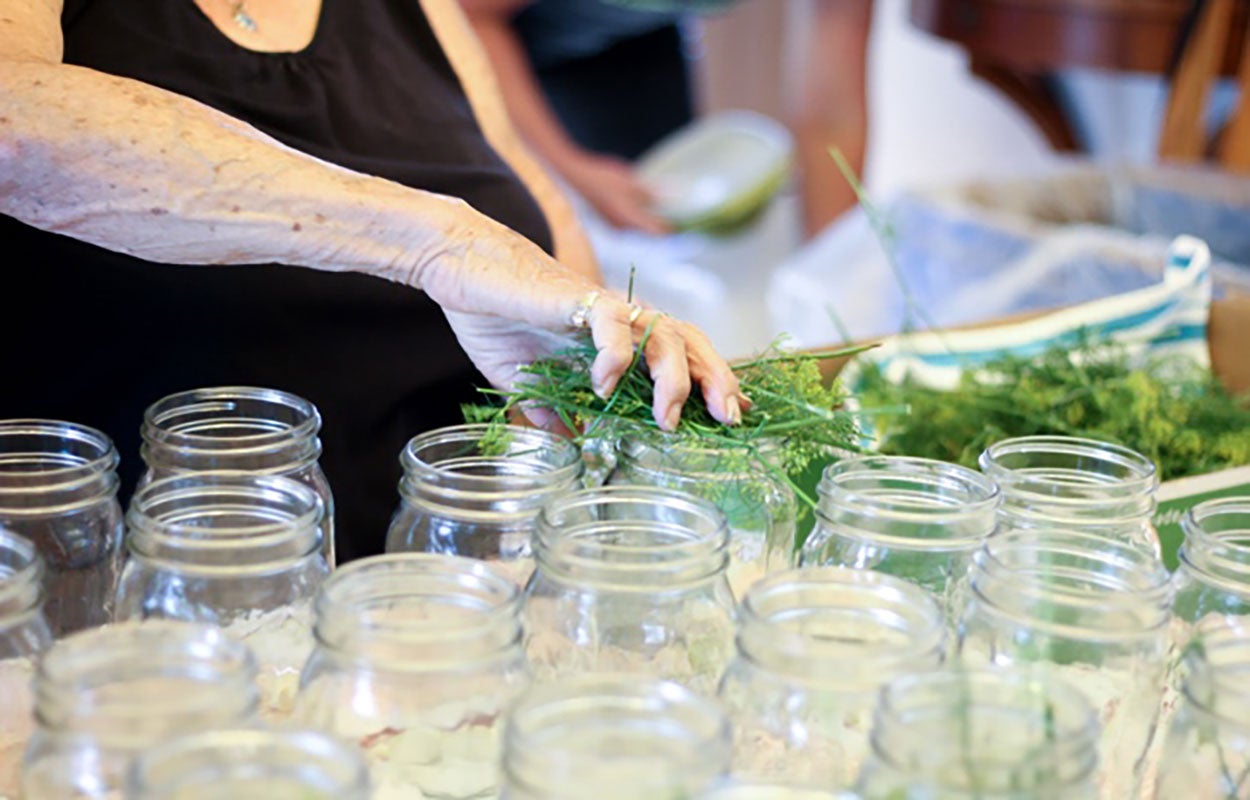
General Kitchen Safety for Food Preservation
Kitchen safety during preservation is just as important as using a safe, evidence-based preservation method. Kitchen cleanliness can affect the safety of the preserved product.